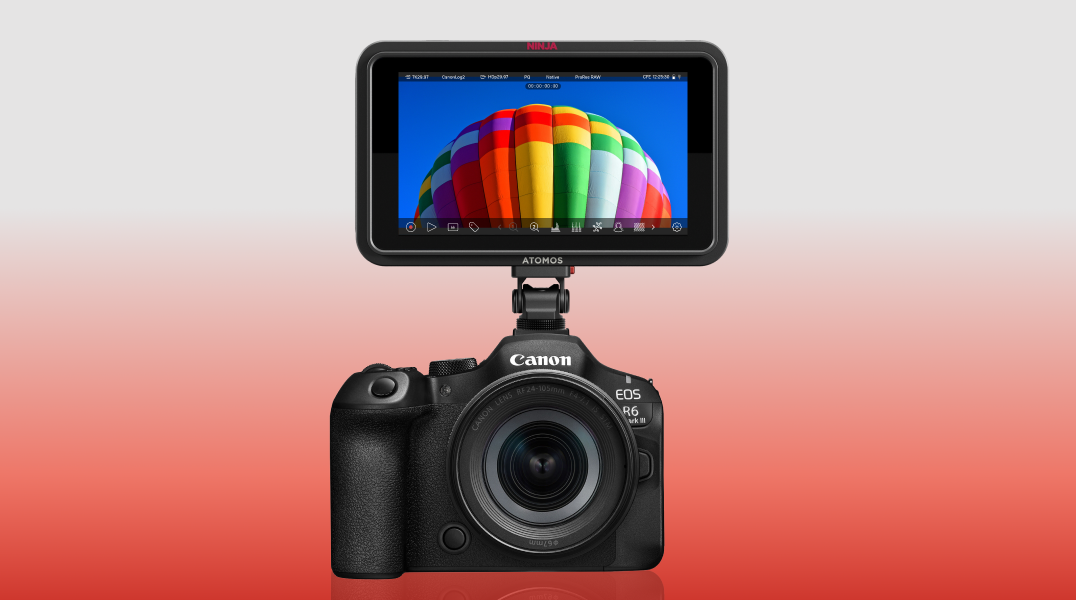FCC to require more disclosure of source of TV news
A few years ago, several public interest groups complained that television news operations were including commercial content in newscasts disguised as news. The fear is that paying companies are shaping on-air news coverage as stations look for ways to save on content creation costs while generating new revenue.
Now, the FCC is reacting, proposing a new regulation that would require all broadcast stations (radio and TV) to disclose on the Internet all corporate interests behind their news content. The commission said it has determined that TV newscasts are increasingly including corporate advertising and presenting it as “real news.”
Currently broadcasters are required to disclose that an advertiser paid for a mention on the news only in the closing credits of a broadcast. “Unless you stick around for the end credits, you’re unlikely to know it’s payola,” Corie Wright, senior policy counsel for Free Press, a media watchdog group backing the FCC proposal, told the “Washington Post.” “If broadcasters were required to put it online, you could check to see if it was actually sponsored or not.”
A recent “Washington Post” article documented a live interview segment in which a seemingly neutral reviewer recommended a series of products that the “reviewer” had been paid by sponsors to mention. The newspaper also said television stations across the country have brokered “exclusive” relationships with local hospitals in which the hospitals pay the station to be featured in health stories. Other stations, the “Post” reported, have aired “news” programs that feature interviews with sponsors who’ve paid for the spot privilege.
The FCC said many television stations use “video news releases,” which is footage produced by a sponsor or corporate interest that appears to be shot and edited by the station.
Under current law, radio and TV broadcasters are required to tell listeners and viewers on-air whenever an outside company has paid for placement or provided footage for a news segment. If a station does not adequately disclose this, it could now be fined up to $10,000.
FCC has proposed that stations disclose these fake news arrangements in a public file maintained online by the FCC. Broadcasters and interested groups began filing comments about the idea over the past two weeks.
The professional video industry's #1 source for news, trends and product and tech information. Sign up below.
The problem is that currently there is no consensus or definitive guidelines on what constitutes adequate on-air disclosure. Some stations simply include a mention of sponsor input during the closing credits of a newscast or morning news-discussion program. Going forward, that might not be enough to satisfy the FCC.
